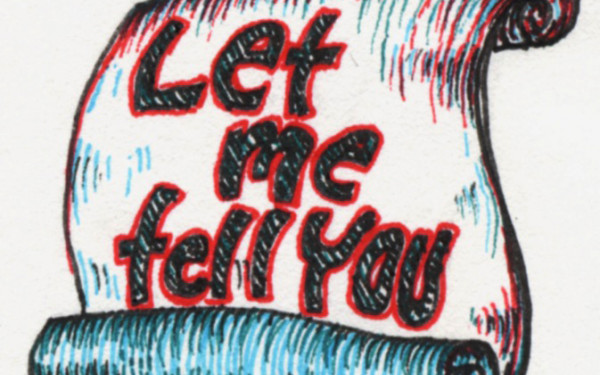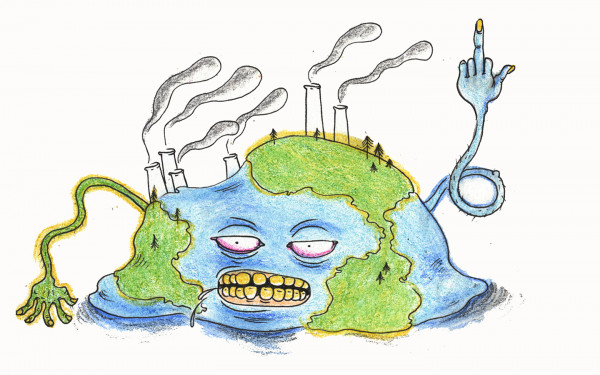Is Feminism Too Exclusive?
Women of Colour Speak Out About the Importance of Intersectionality in Feminism
The feminist movement was created to give women an equal social, political and economic standing as men–but last Saturday during a “Tout le Hood en Parle,” some said that it can feel exclusive to many.
“There is a dead angle in the feminist movement,”said Dalila Awada, an antiracist activist and feminist. “There are no women of colour.”
The discussion was on violence at the intersection of oppressions, at the offices of Concordia’s Quebec Public Interest Research Group. There diverse panelists spoke about the necessity of intersectionality when dealing with feminism, and all agreed that feminism is very white.
“It’s important to recognize all the levels of oppression,” said Kamissa Ma Koita, an afro-feminist and activist.
“As a woman, a black person, as someone that’s genderfluid,” she believes we need to be able to see feminism from that point of view as well.
Intersectionality is the ways in which oppressive systems—racism, sexism, homophobia, transphobia, ableism, xenophobia, classism, and more—are interconnected, as well as the belief that they cannot be examined separately from one another.
In the comfortable and crowded room, safety was established from the start by reiterating that this discussion was a safe space for woman, and that offensive comments would not be tolerated. One attendee was designated as an assisting person if anyone wanted to step aside and talk, due to the difficult subject matter.
They expressed the additional battles they face as women of colour. Narriman Beguret, an Arab feminist with a psychology degree, often said she feels like other people only see her as there as a representation of her entire ethnicity. “People have these ideas of the Arab woman, the first nation woman, the black woman,” she said. “White people have the rights to their individualities.”
This notion that women of colour have to fight against multiple movements of violence was reiterated during the talk. “There is no such thing as a single-issue struggle, we do not live single-issue lives,” said Marlihan Lopez, an afro-feminist and president of the foundation Paroles de Femmes. This received a hum of approval from the room.
“Solidarity starts when you recognize that other people live an oppression that you do not live,” said Kaligirwa Namahoro, student in intervention of delinquency, and afro-feminist activist.
These women face acts of macro and micro-aggressions as a result of the oppressive environment that is still very present in Quebec’s society.
“It’s the small things like people always touching my hair, asking me to twerk at parties, and asking me, multiple times, where I’m from,” said Ma Koita.
She said that she feels people try to take away her Quebecois identity, and that when she tells people that they are being disrespectful they get mad, saying she’s exaggerating.
Ma Koita grew up in a white community and it took her a long time to learn to accept her physical appearance. “When I was little, I drew myself blond with blue eyes,” she said.
Viviane Michel, president of Femmes Autochtone du Québec, said that people project the visions they have of certain groups of people onto them, and that’s a form of social oppression.
“It’s a subtle violence that is always there and that affects us” said Annie O’Bomsawin-Bégin, member of the Abénakise d’Odanak nation and philosophy teacher at the Cégep de Saint-Jérome.
She says that educating people is the way to combat the colonist oppression that First Nation people face. “You have to yell loud, ‘I know who I am,’ and be proud of knowing who you are,” she said.



_600_375_90_s_c1.jpg)

